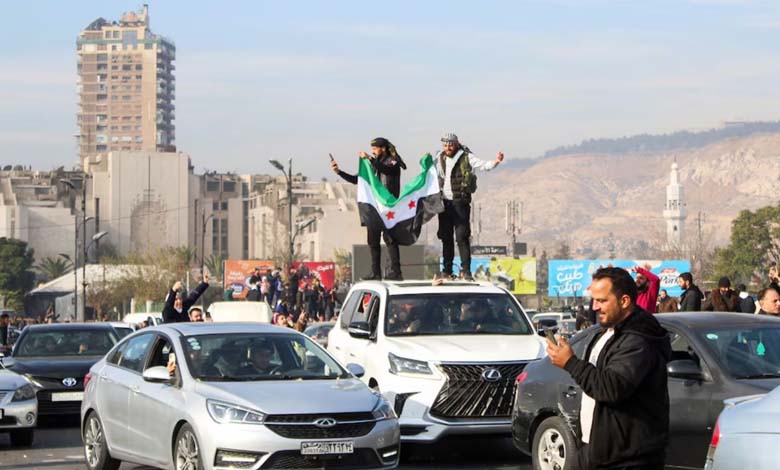Secret Turkish Deals with Russia and Iran Accelerated al-Assad’s fall
Turkish Foreign Minister Hakan Fidan stated that the opposition’s victory would have taken much longer if al-Assad had received support from Russia and Iran.

On Friday, Hakan Fidan announced that Turkey had convinced Russia and Iran not to intervene militarily in Syria during the opposition factions’ offensive that led to Bashar al-Assad‘s fall. “They understood our position,” he said, refuting Iranian officials’ claims that the attack was unexpected and that Iran was unaware of developments.
-
The fall of al-Assad’s Regime: Will It Affect Russia’s Influence in the Region?
-
After Al-Assad’s Fall… Syria Closes Its Doors to the Houthis
In a live interview broadcast on the Turkish private channel NTV, he explained:
“The most crucial element was to talk to the Russians and Iranians and ensure that they would not intervene militarily in the equation. We spoke to them, and they understood.”
Fidan added: “To minimize the loss of life as much as possible, we worked to achieve our goal without bloodshed by pursuing targeted negotiations with two significant players capable of wielding power.”
According to the minister, had al-Assad received support from Russia and Iran, “the opposition’s victory would have taken much longer and would have been bloody.”
-
“Bashar al-Assad’s Fall: The Map of Armed Groups Under the Banner of ‘Hay’at Tahrir al-Sham’”
-
Al-Assad’s Fall Weakens Iran but Doesn’t End Its Capabilities in the Middle East
Criticism of Russia and Iran
Russia, and particularly Iran, have faced criticism from some pro-Assad forces in the region for abandoning the regime. However, Iran claims that the Syrian army had no desire to fight and that al-Assad‘s escape without informing even his close associates reflects his unwillingness to continue ruling.
Reports suggest that the former Syrian president planned to flee with his family with Russian assistance, without notifying his brother Maher al-Assad, who reportedly later fled to Iraq via helicopter.
Hakan Fidan also stated: “But the Russians and Iranians realized that this no longer made any sense. The man they had invested in was no longer a worthwhile investment. Moreover, regional and global conditions had changed.”
-
Washington Warns al-Assad against Using Chemical Weapons in Response to His Defeats
-
The normalization with al-Assad fuels European disagreements
Attempts at Normalization
Turkish President Recep Tayyip Erdoğan had previously sought to normalize relations with al-Assad, but the latter refused to do so until Turkey withdrew its troops from northern Syria and ended its support for armed opposition groups.
After al-Assad’s escape, Russia acknowledged that the Syrian regime could no longer survive under military and economic pressure, stating that the Syrian people must independently decide their future.
The fall of al-Assad
Following an 11-day offensive, Syrian opposition factions led by Hayat Tahrir al-Sham (HTS) overthrew al-Assad, who fled to Russia with his family, according to Russian news agencies. His escape shocked his supporters.
-
Al-Assad meets Khamenei and Raisi in Teheran – Details
-
Syria, Victim of its Geography: Why Does It Continue to Suffer?
Several countries, particularly in the region, have expressed concerns about HTS, an Islamist organization still classified as a terrorist group by Western nations despite severing ties with Al-Qaeda.
Hakan Fidan deemed these concerns “completely normal” but emphasized the need to “find a solution.” He stated:
“No one knows them better than we do. We want a Syria free from terrorism, posing no threat to the region.”
By maintaining open lines of communication with HTS, Turkey directly conveys these concerns to the group’s leadership and Damascus.
-
Israel Prepares for Worst-Case Scenarios in Syria
-
From Al-Qaeda’s veil to the political shirt: Who is Abu Mohammed al-Julani?
“We tell them: Turkey, which has supported you for years, and the rest of the world expect this from you. It is your duty and your test,” he concluded.
On December 8, Syrian opposition factions seized control of Damascus after capturing other cities, forcing regime forces to withdraw from public institutions and streets.












